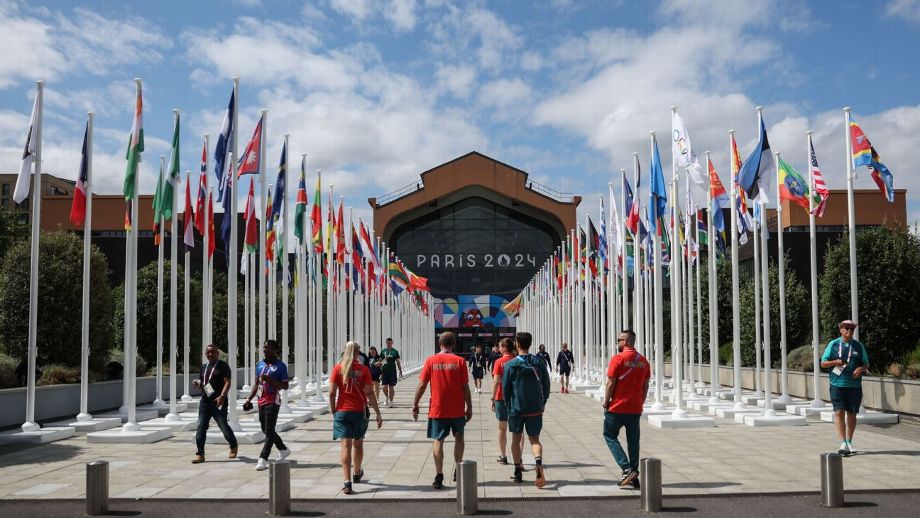
Time for a Cool Change
In what may prove to be the most controversial of the sustainable initiatives enacted at the Paris Olympics, cooling water from the Seine has been pumped into the Olympic Village as a substitute for traditional A/C.

Beneath the bowels of the earth (and Paris), one encounters the vast network of pipes and ducts of ENGIE’s district cooling plant.
Essentially a new riff on geothermal—which is most commonly used for heating—the low-carbon energy services company ENGIE facilitates District Cooling, a community-wide strategy that generates cooling at a central point (using cold river water), then uses a network of pipes to bring it to individual residences.
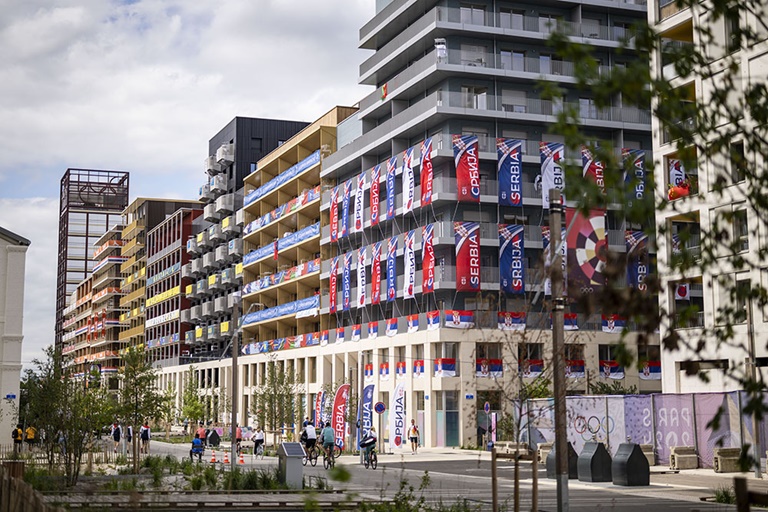
Apartments at the Olympic Village are conditioned via cool water, which keeps indoor temps at least 10 degrees (Celsius) lower than outdoor.
Because it’s a centralized strategy—in contrast to conventional A/C, which requires standalone units—district cooling not only decreases costs but minimizes resource use too, as spent water is returned to the river.
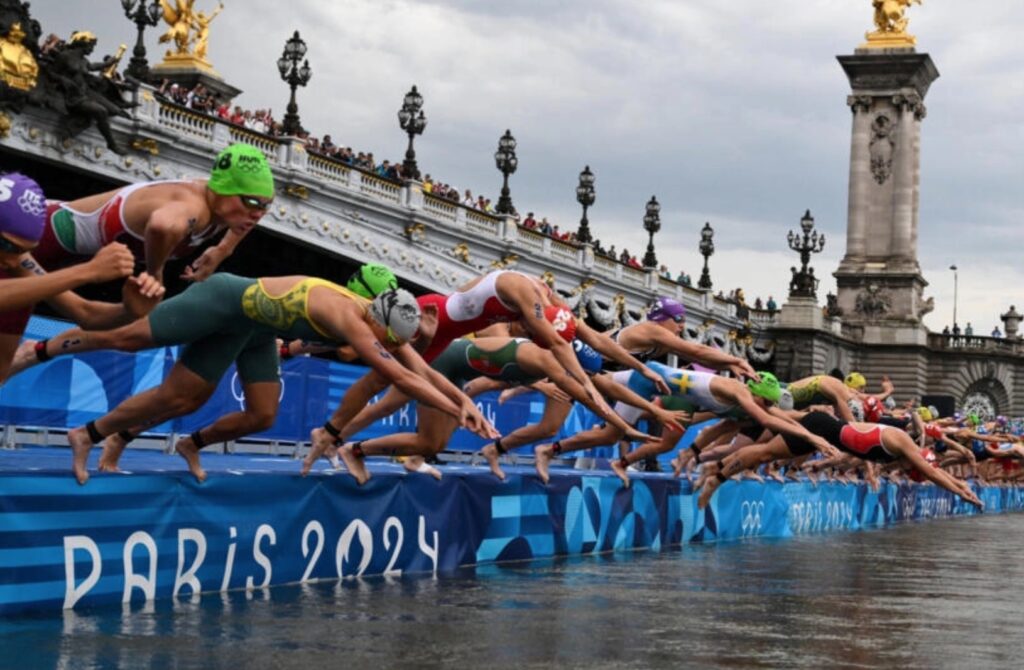
It may not be potable, but it will cool you down!
While District Cooling is an auspicious approach that will prove to be an instrumental component of urban sustainability, it may not be up to snuff for this particular Olympics, as record heat has necessitated the use of portable A/C.
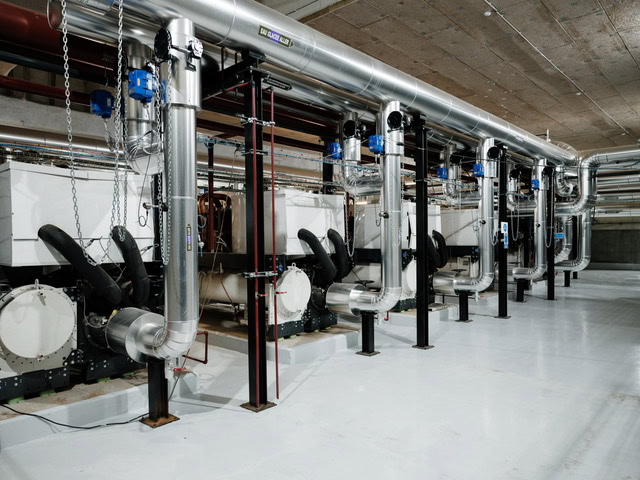
Another look at District Cooling infrastructure.
Though it’s common practice for athletes to abandon or eschew Olympic Village accommodations altogether (nary an NBA star to be found), some left this year because it was just too darn hot. To quote U.S. tennis star (and Opening Ceremony flagbearer) Coco Gauff: “I’m really the only one left and then Rafa [Nadal] is staying in the village… so I was like, if he can do it, I can do it. But I understand why my teammates left.”
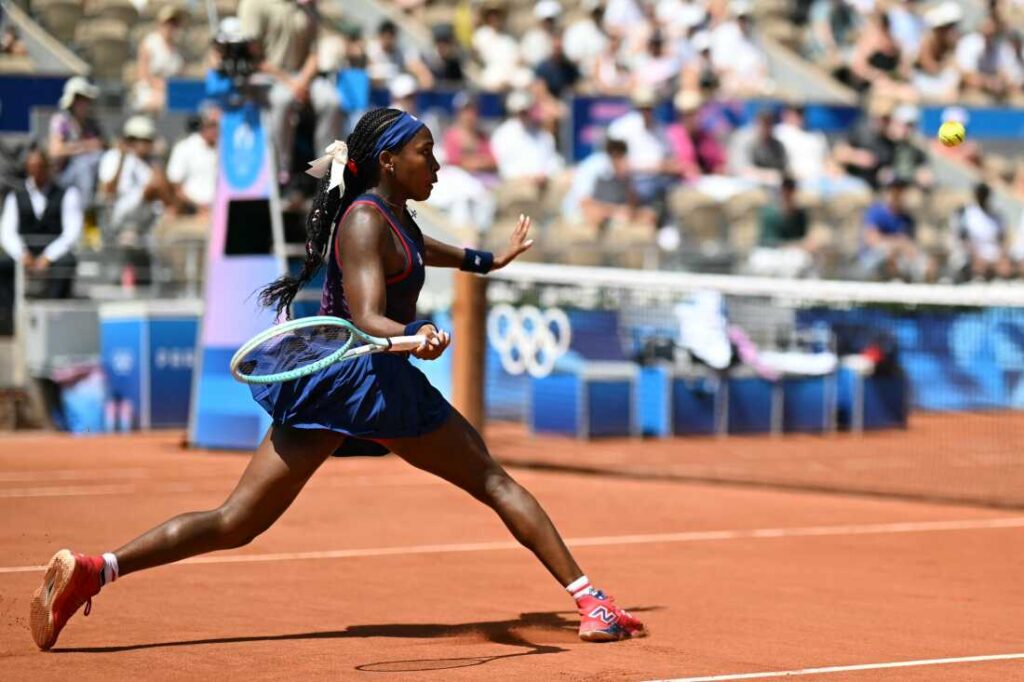
The picture of intrepidity: whether on the court or in a sweltering Paris apartment.
In fairness, the organizers knew the heat could be an issue, planning in advance to make on-demand cooling available: “We believe we found a balance for the village between our long-term responsibility to create a model sustainable neighbourhood that will last after the games,” said Paris 2024 spokeswoman Anne Descamps, “On the other hand, our short-term responsibility is to give to high-performance athletes the possibility to perform, so we offered them the opportunity to rent portable AC.”
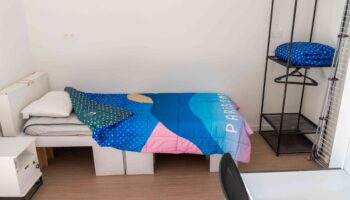



Leave a Reply